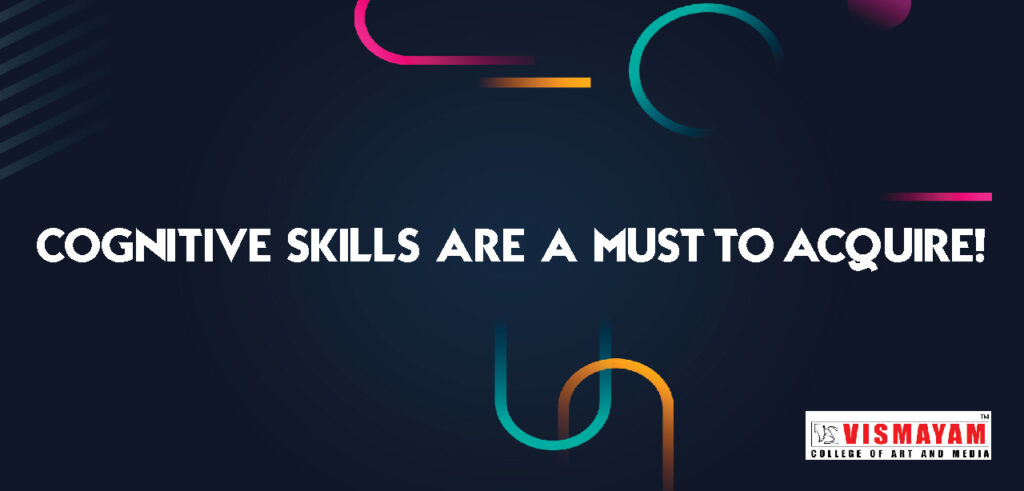Cognitive skills for NATA exam

Cognitive skills
The architecture design process is a series of actions conducted in a specific order to solve challenges. Aside from a designer’s aesthetic sensibility and requisite technical knowledge, cognitive skills are required to describe or outline the problem and address it logically.
Cognitive mechanisms/processes involve high-level brain functions such as thinking, remembering, reasoning, knowing, judging, and so on. An architecture student should have the brain mentioned above talents to perform tasks ranging from easy to sophisticated. As a result, the assessment of cognitive skills is also included in the NATA exam framework. The NATA drawing exam may consist of questions to test your brain with visual illusion difficulties, mental rotation skills, planning and execution skills, and so on.
Cognitive skills are brain-based talents, also known as cognitive capacities, cognitive abilities, and cognitive functions. These are the fundamental abilities that your brain uses to think, process, learn, remember, and concentrate. They are critical in digesting incoming information and applying it daily. This counts for your daily problem-solving talents when adequately educated and used.
Sustained attention is the first essential cognitive capacity. Learning and information processing only occurs with this constant attention. When you learn something new, the speed with which you digest that knowledge, your working memory, and your response to the circumstance all become crucial. Working memory and pattern recognition aid in making practical and functional decisions.
The good news is that cognitive talents can be developed over time and with a lot of work. There are four crucial ways to accomplish this.
- Physical activity: Working all the time and not playing makes you dull; make time to exercise.
- Make social connections by going out and meeting new people. Feeling isolated or lonely can lead to psychological and cognitive impairment.
- Give your brain a workout: Find and engage in brain-stimulating activities. To keep your mind active, solve puzzles, play chess, or read a book.
The same pattern holds true for cognitive skill examinations, such as the NATA exams. When it comes to exams, remember that your main goal is to get a good score. And for that, you must take as many practice examinations as possible and be prepared. When you get the exam, read it slowly and keep track of how many accurate answers you can get. Answer the questions you are certain of before going on to the ones you need to consider. Time is of the utmost importance. Don’t try to guess if there is a penalty for getting the wrong answer.